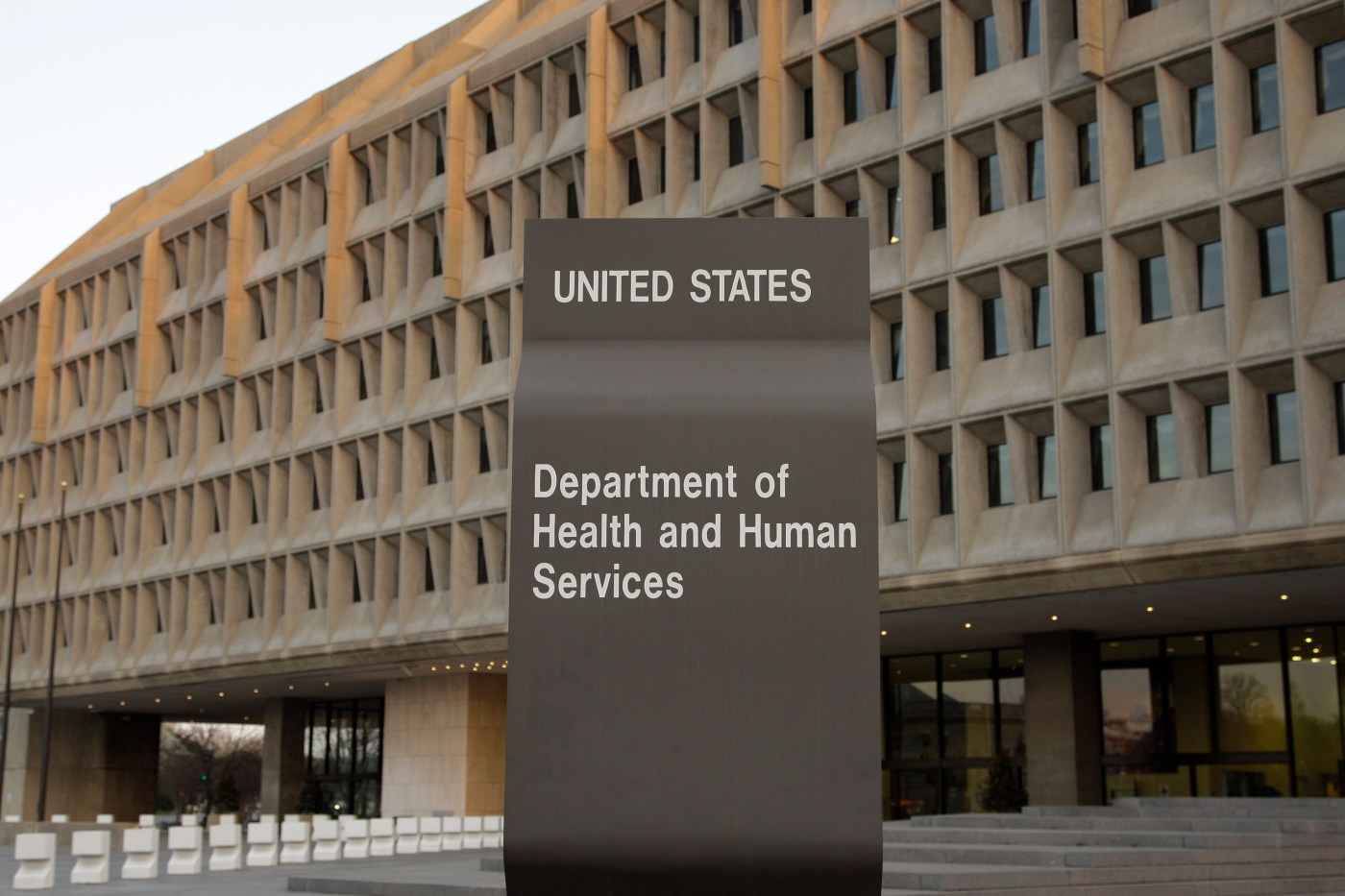
Whitson: Easy to find fraud, waste in Medicaid
Republicans in Congress are taking advantage of a generational opportunity to finally cut back on harmful regulations and wasteful spending, not just to the tune of billions, but trillions with a “t.”
That’s precisely what voters demanded. And they gave Congress the power to make it happen with majorities in both chambers and by re-electing Donald Trump.
With this Republican trifecta in place comes the opportunity to pass a reconciliation bill that not only extends the Trump tax cuts but also addresses the economic fallout from the Biden administration’s reckless regulatory and spending spree.
Republicans are off to a great start, approving a strong budget resolution in the House. With the Senate putting its important touch on the resolution by moving to a policy baseline that would make the tax cuts permanent, Republicans are on a clear glide path to an historic win.
Of course, Democrats understand this, and predictably, they’re in full panic mode. They’re waging a full-scale campaign to try to undermine the effort. Their last best hope is to parrot a false narrative that benefits are being cut for the truly needy.
The great irony is that the Republicans’ effort to target waste, fraud and abuse in the Medicaid program will benefit the needy. As Democrats push welfare on 20-year-olds who should be starting their careers, Republicans are standing up for the elderly, disabled and children in poverty.
The other false narrative is that finding $880 billion in targeted budget savings in the Medicaid program over the next 10 years, as the House Budget resolution requires, is an impossible goal to meet without cutting benefits.
It turns out that Congress can easily exceed that goal with just a handful of reforms aimed at restoring program integrity, promoting work over welfare, and keeping undocumented immigrants from stealing the benefits from Americans. Such reforms might include rolling back Biden’s “Streamlining Medicaid eligibility” rule, eliminating the Medicaid provider tax scheme, requiring able-bodied adults 18-59 without young kids to work, train, or volunteer at least 20 hours a week to receive Medicaid benefits, and imposing a 5% Federal Medical Assistance Percentage penalty on states that expand coverage to undocumented immigrants. These reforms would produce up to $1.2 trillion in savings.
Here’s the key: The savings reduction goal outlined in the budget resolution is a floor, not a ceiling.
For instance, an additional $282 billion could be saved by requiring states to conduct more frequent Medicaid eligibility determinations to make sure those receiving the benefit are legally entitled to receive it. Eliminating the enhanced FMAP for Medicaid expansion would produce $561 billion in savings, while removing the FMAP floor would save an additional $530 billion. Altogether, my organization has identified $2.3 trillion or more in savings.
Republicans are staring at a big opportunity to get the country back on track.
Stewart Whitson is the senior director of federal affairs for the Foundation for Government Accountability/InsideSources


